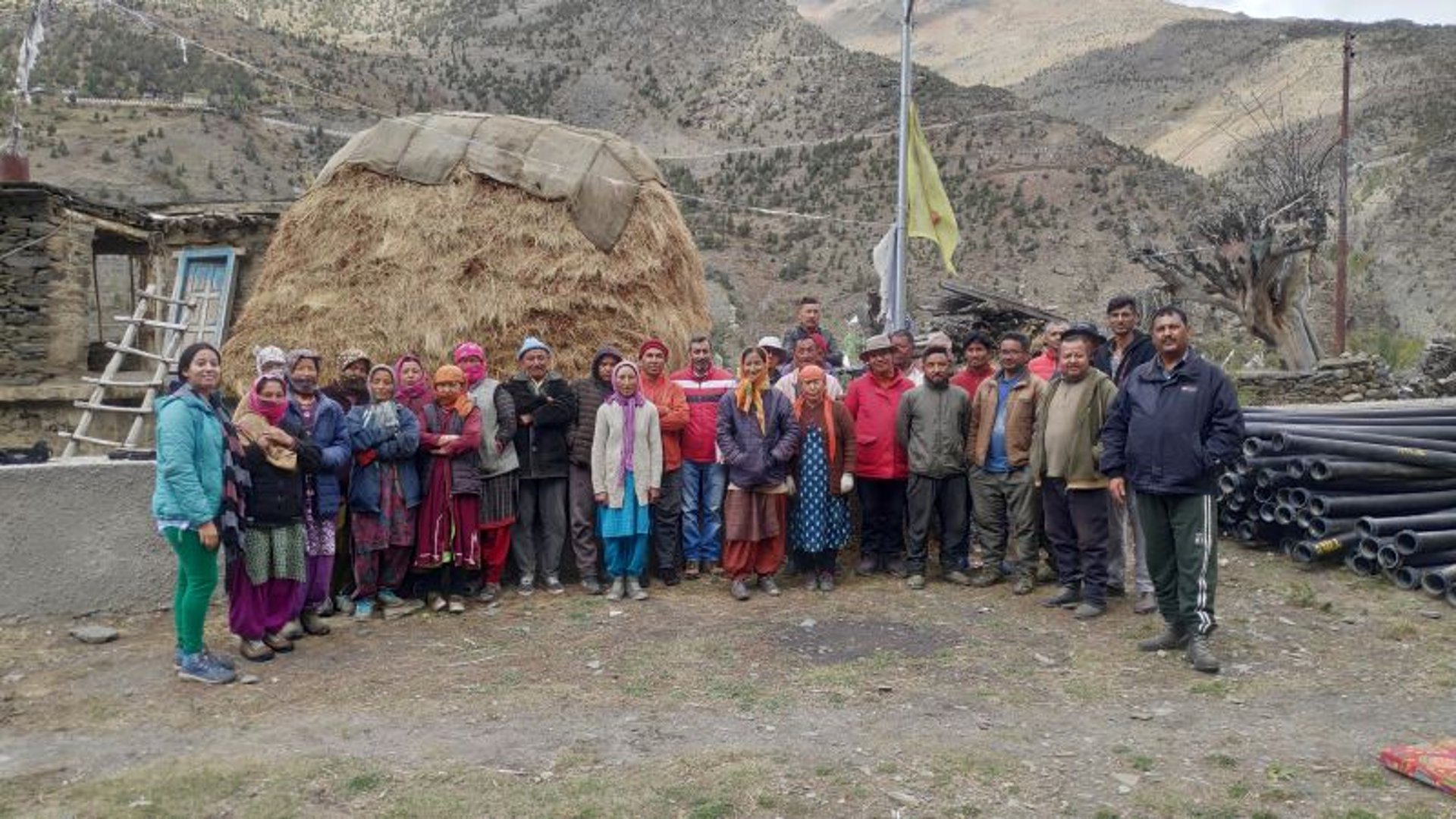
14.08.24
Strategic Partnership for Strengthening the Forest Economy in Lahaul & Spiti
The Lahaul and Spiti District Administration, Government of Himachal Pradesh, and the Bharti Institute of Public Policy (BIPP) at the Indian School of Business (ISB) have formalised a partnership through two Memorandums of Understanding (MoUs). These were signed on 26 July 2024 in Spiti and 13 August 2024 in Lahaul. The agreements aim to establish a structured framework to enhance community tenure security, promote sustainable resource management, and develop economic opportunities for forest-dependent communities.
Objectives and Scope of the MoUs
The collaboration seeks to create a sustainable economic model that integrates traditional forest-based practices with contemporary policy and technological interventions. It focuses on two primary areas:
The first focus area is the revitalisation of the pastoral grazing economy. This will be achieved by securing community tenure under the Scheduled Tribes and Other Traditional Forest Dwellers (Recognition of Forest Rights) Act, 2006—commonly referred to as the Forest Rights Act (FRA) 2006—for traditional seasonal grazing rights. The objective is to promote sustainable grazing practices while strengthening economic opportunities for pastoralist groups.
The second focus area is the development of an economic model centred on sea buckthorn and other seasonal forest products (SFPs). This involves securing tenure rights for local communities, ensuring responsible harvesting, and promoting value addition. By linking these products to formal markets, the initiative will provide a stable economic foundation for local livelihoods, particularly those led by women's groups.
The MoUs outline a multi-stakeholder approach that brings together government agencies, community institutions, and technical experts. The focus is on formalising tenure rights and creating sustainable economic models. Key elements include:
Establishment of FRA Cells: Dedicated FRA Cells, such as the Sub-Divisional Level Committee (SDLC) and the District Level Committee (DLC), will be set up at different levels. These committees will oversee Community Forest Resource Rights (CFRR) claim filing, boundary mapping, and institutional governance.
Capacity building and institutional strengthening: A series of training programmes and workshops will be conducted for Forest Rights Committees (FRCs), Gram Sabha (GS) representatives, and local government officials to enhance their understanding of the FRA provisions, tenure security processes, and resource management strategies.
Technical and digital interventions: BIPP–ISB will support forest boundary mapping and inventory development using nCount technology to facilitate precise data collection and improve decision-making related to sustainable resource management.
Formation of women-led community enterprises: In collaboration with GSs, women-led producer companies (PCs) will be created to sustainably harvest, process, and market SFPs, including sea buckthorn. They will be supported with training in business planning, financial literacy, and market integration strategies.
Market integration and policy advocacy: The MoUs will link forest-based enterprises with buyers, industries, and policy institutions, ensuring their inclusion in formal markets. Additionally, advocacy efforts will focus on strengthening policy frameworks to facilitate market access for community-based producers.
Implementation Strategy and Institutional Framework
This partnership marks a significant step towards integrating forest-dependent communities into formal economies while safeguarding the ecological sustainability of Lahaul and Spiti. By leveraging technological tools, community engagement, and policy interventions, it is expected to:
enhance community tenure security through recognition of CFRR titles;
strengthen livelihood opportunities for forest-dependent households;
promote sustainable harvesting and land management practices;
establish direct market access for community-managed forest enterprises; and
facilitate policy-level engagement for institutionalising a community-led forest economy.
The collaboration provides a replicable model that balances economic development with ecological sustainability, showcasing the potential of community-led governance, evidence-based policy, and sustainable market linkages.
